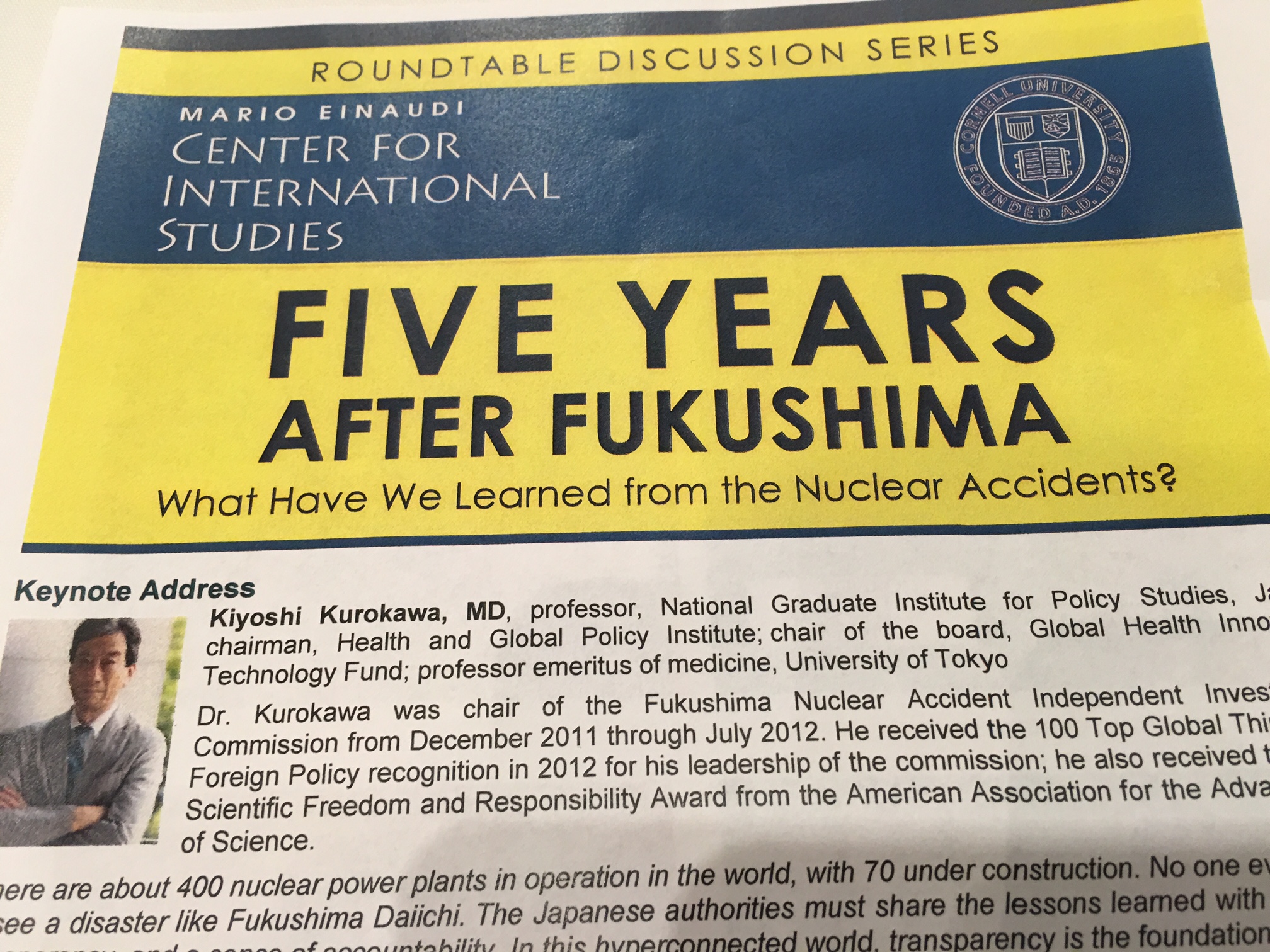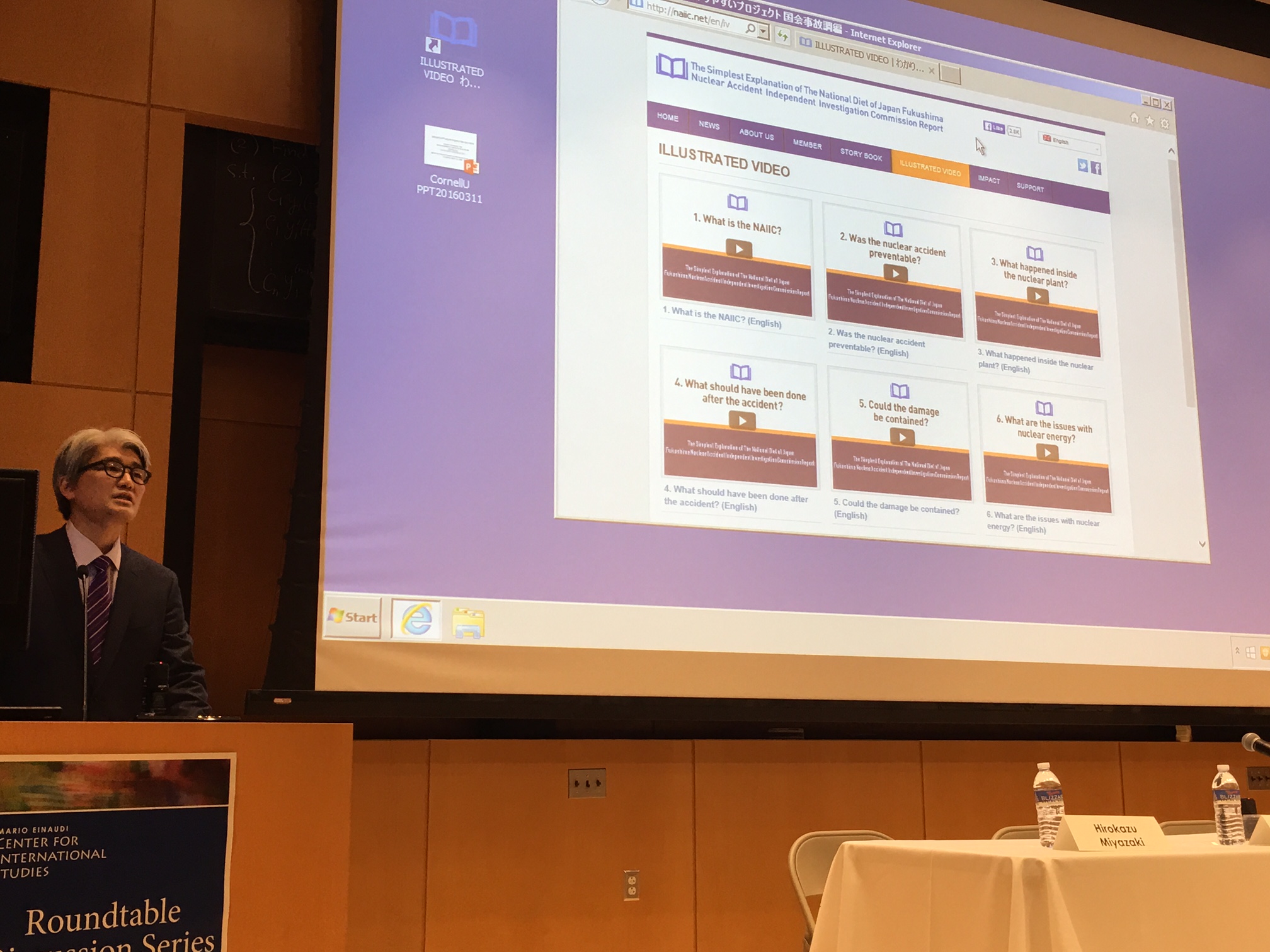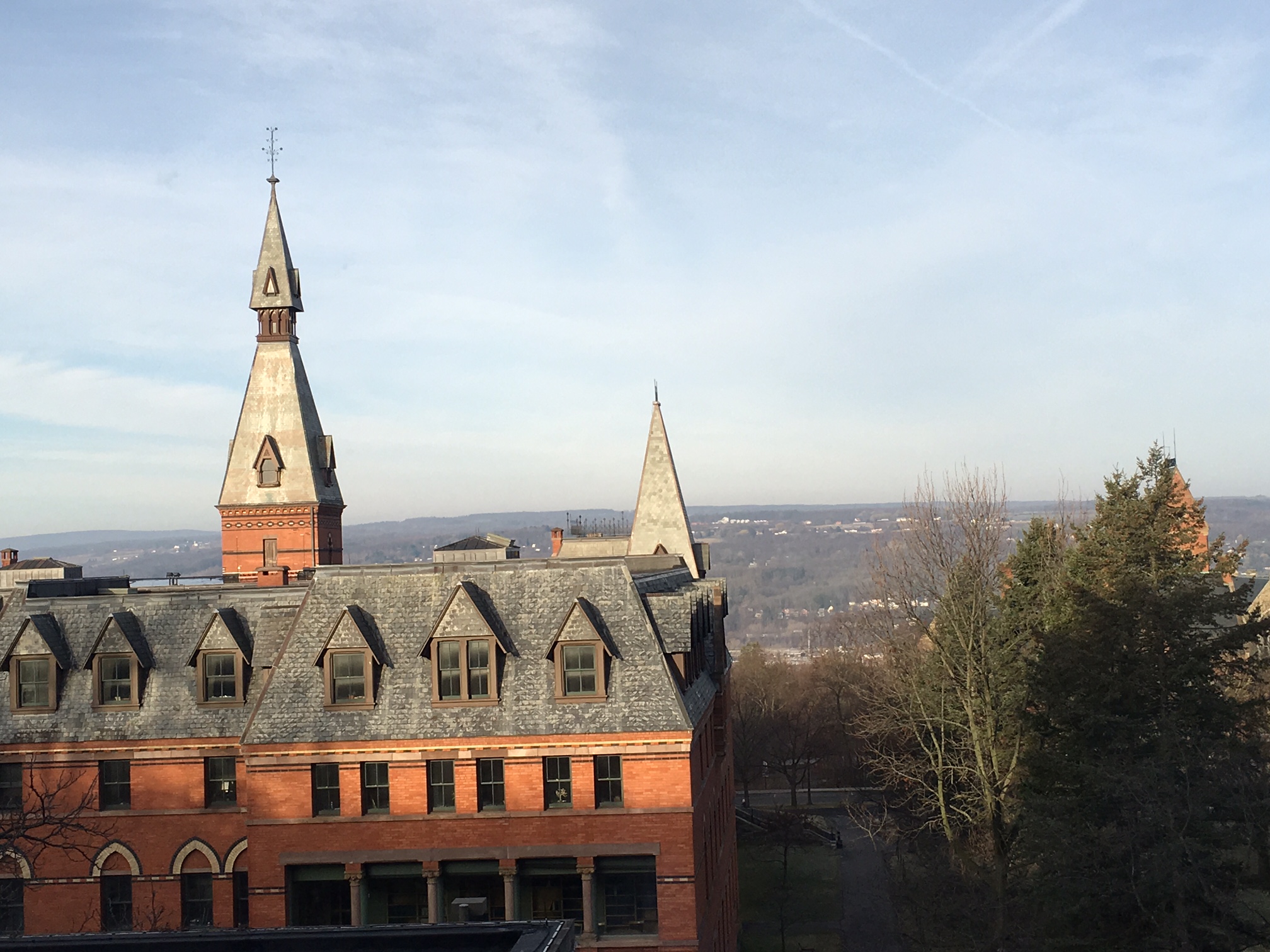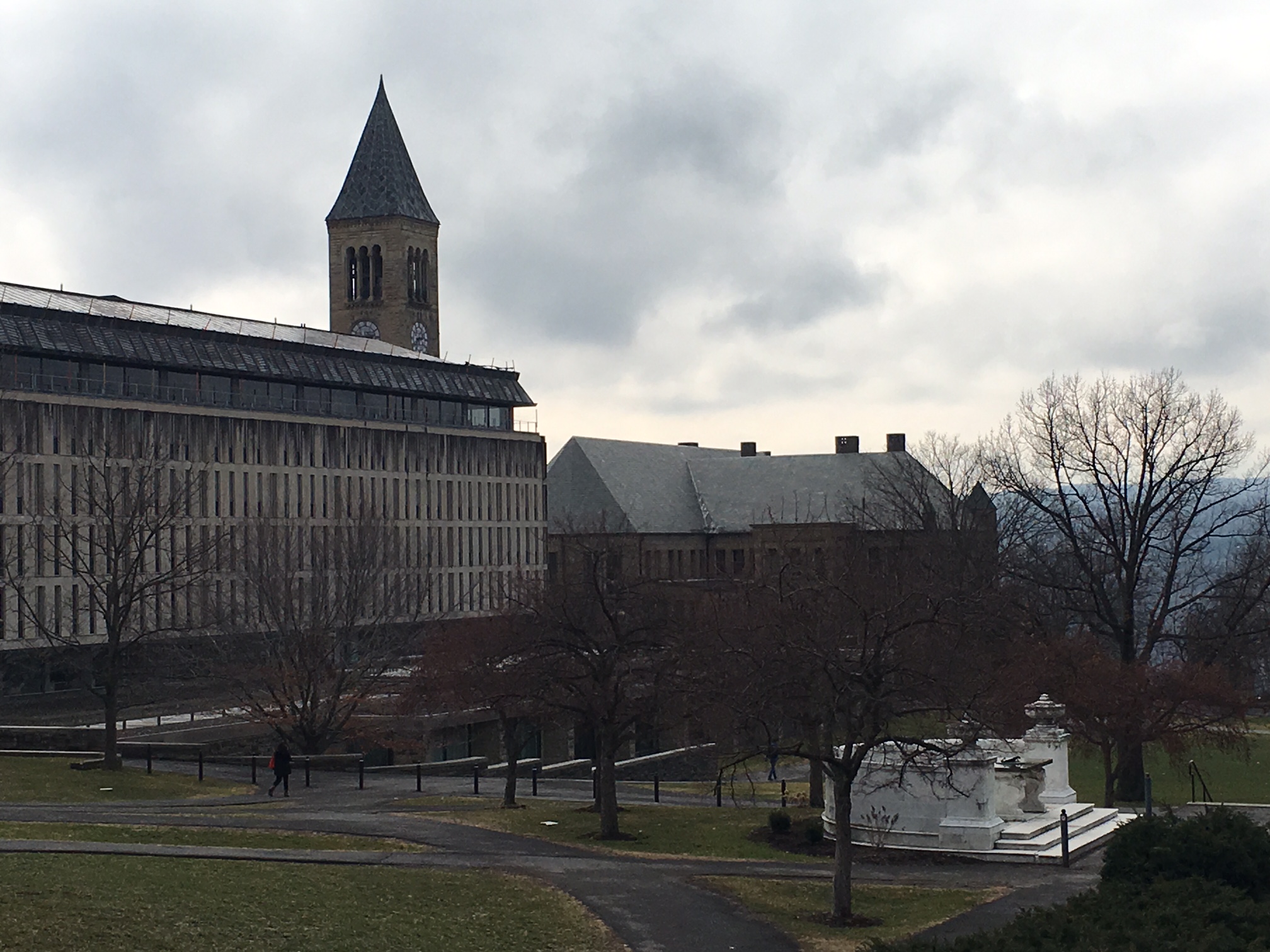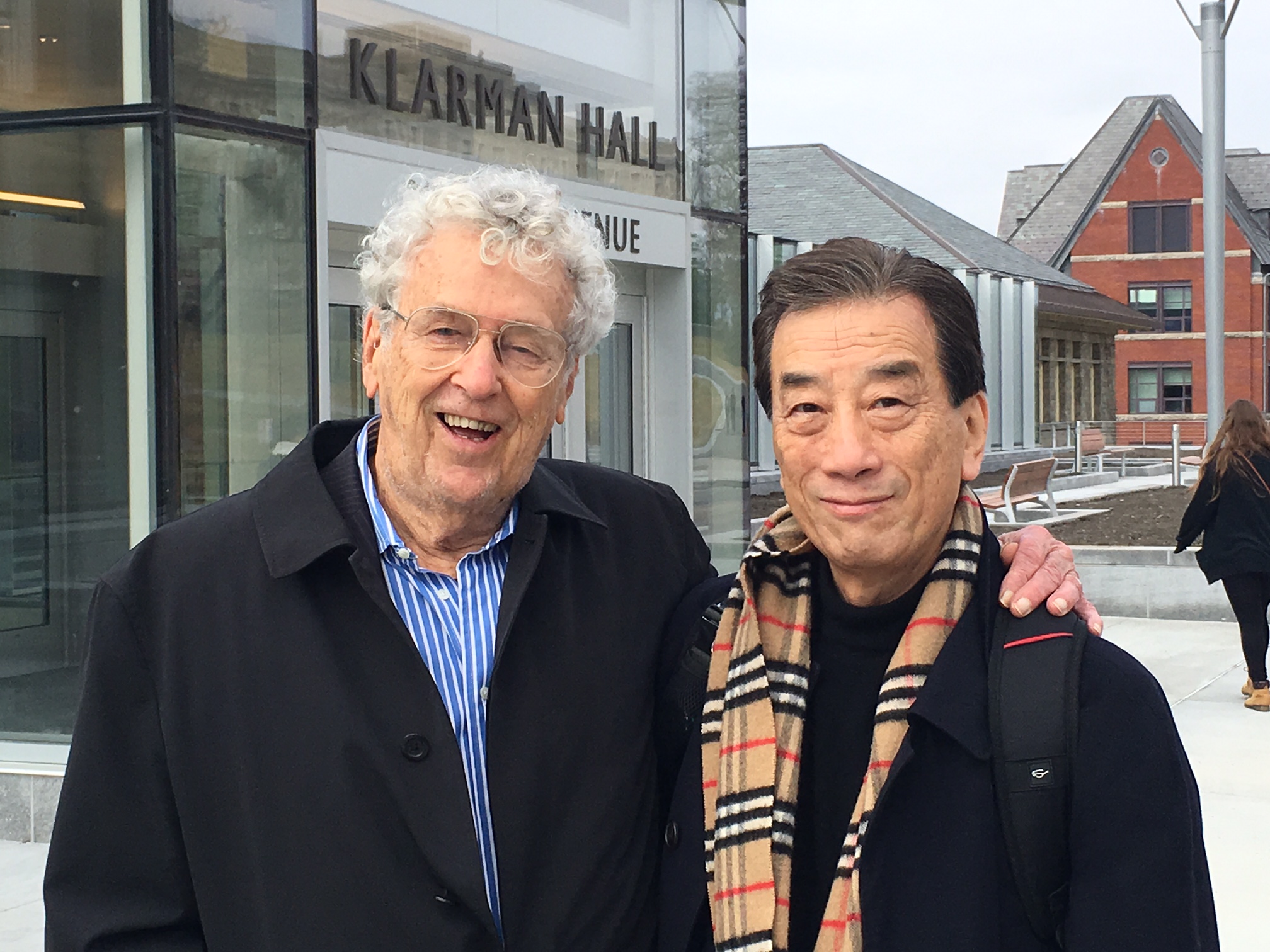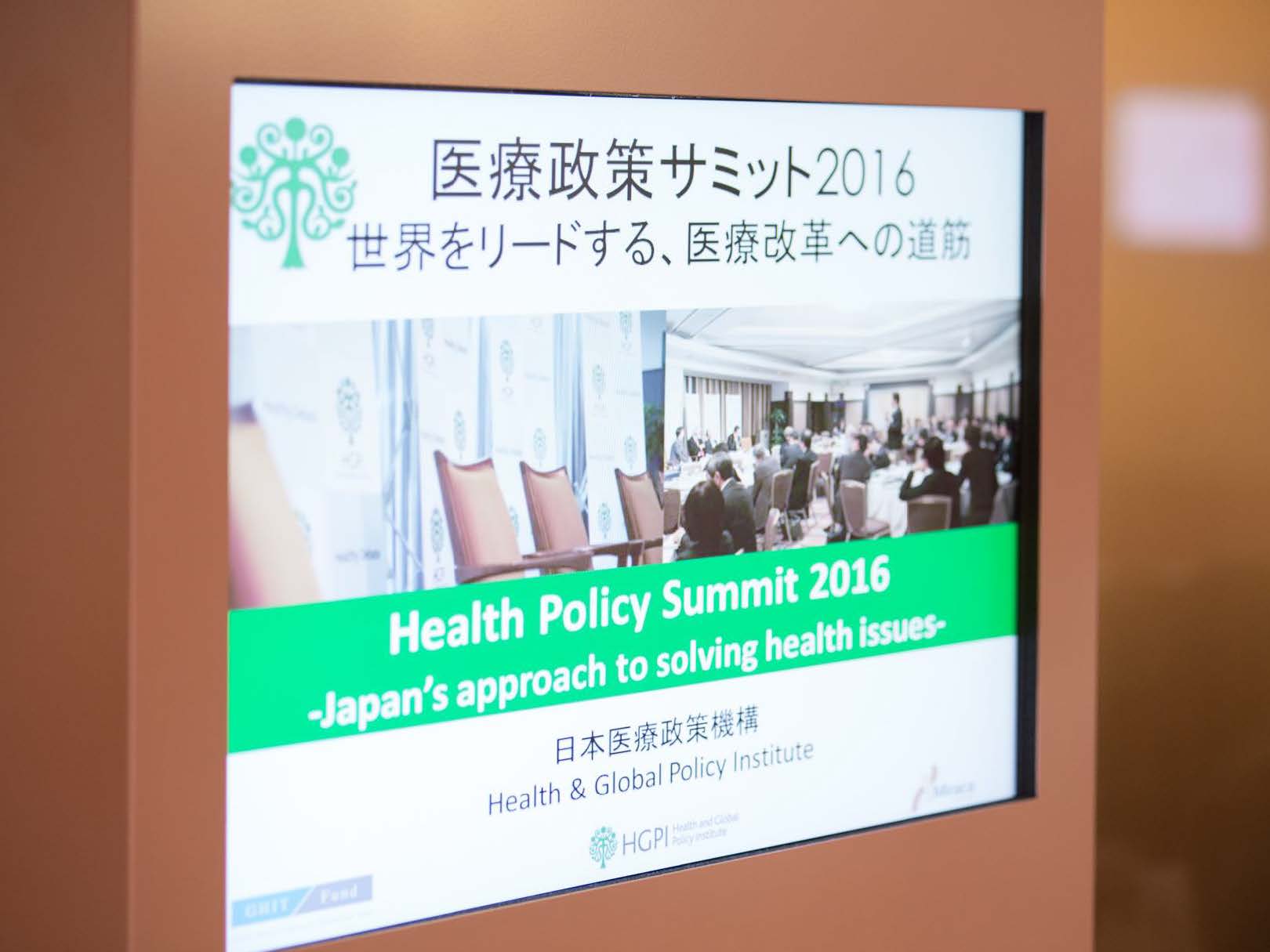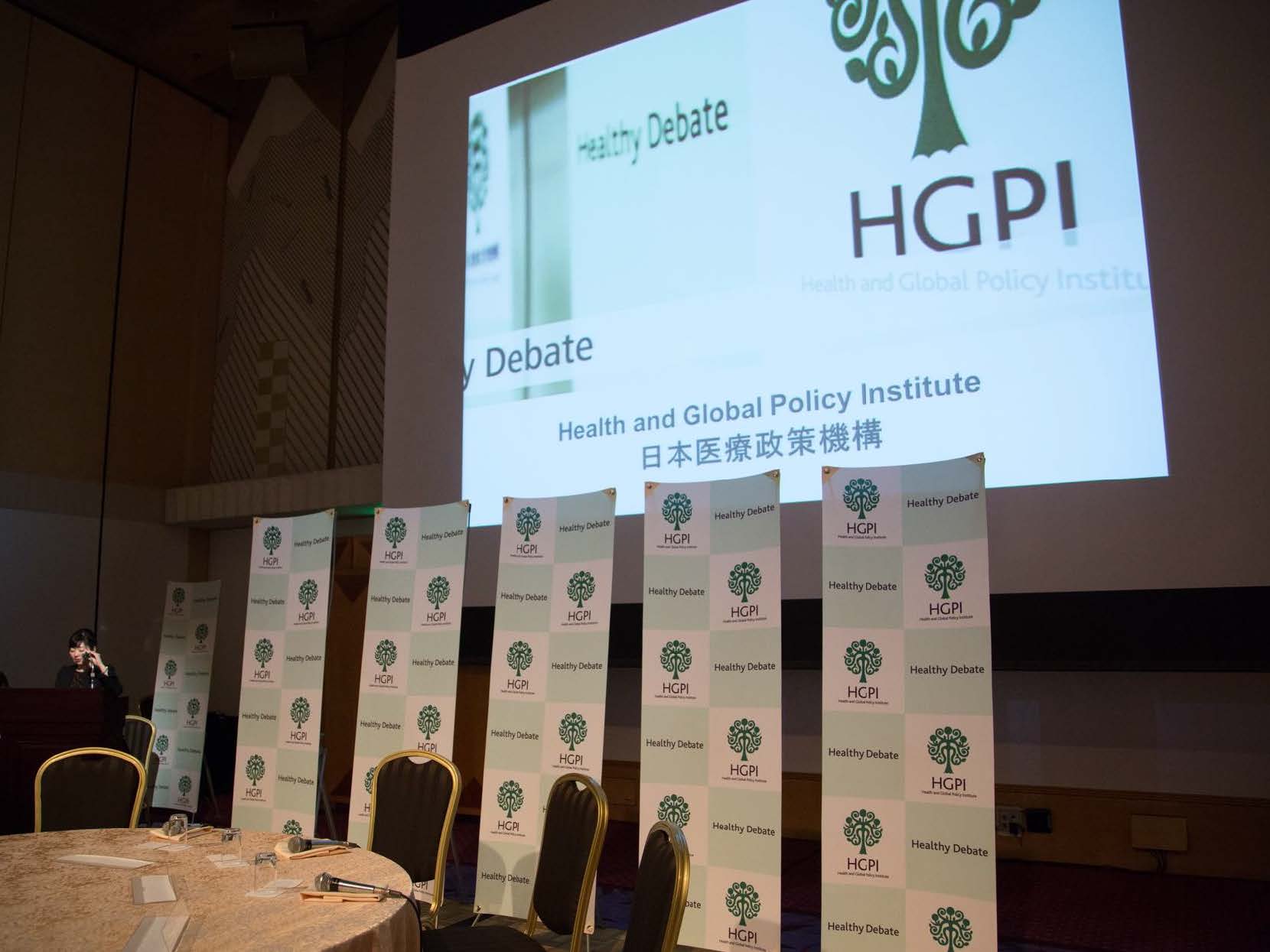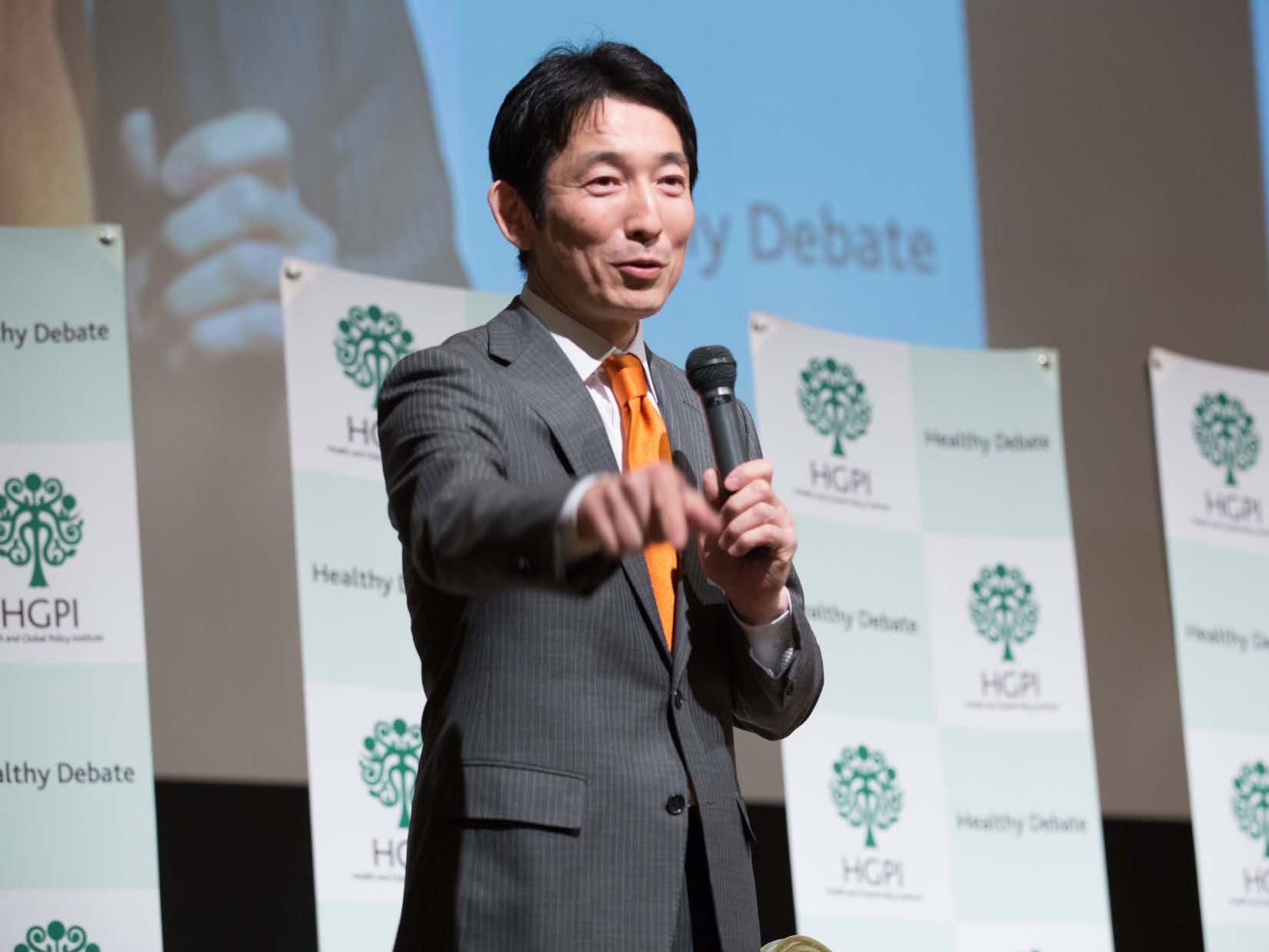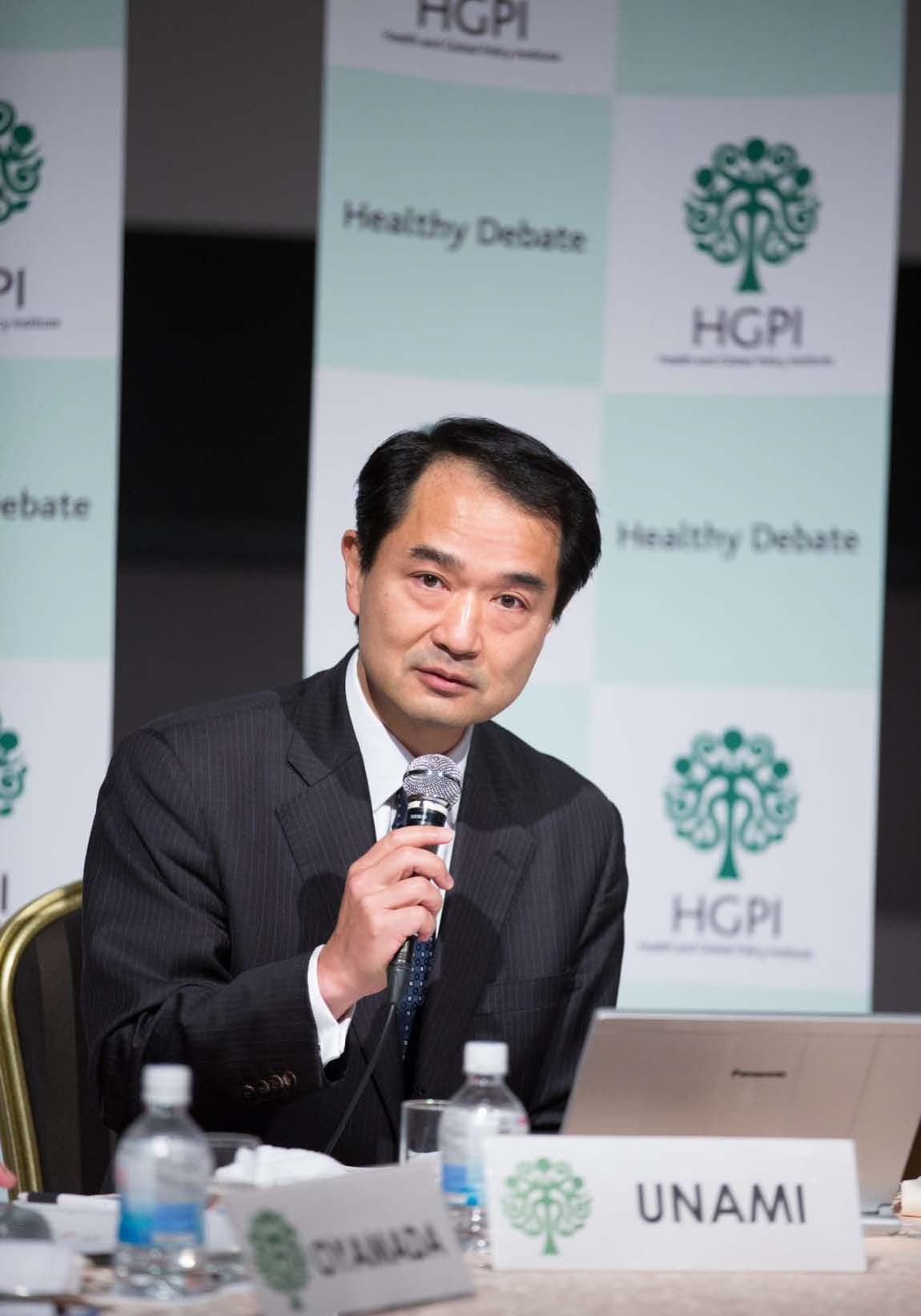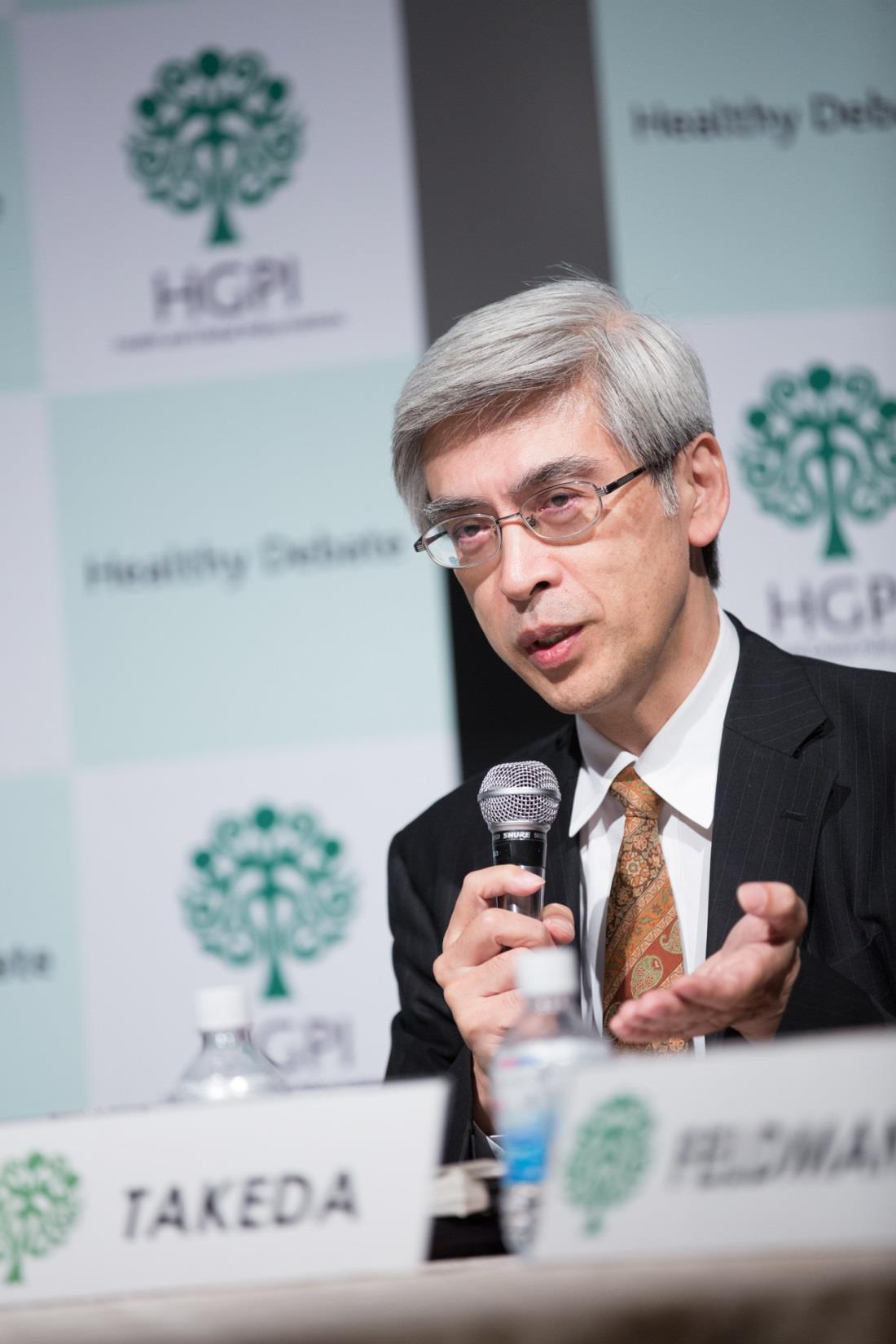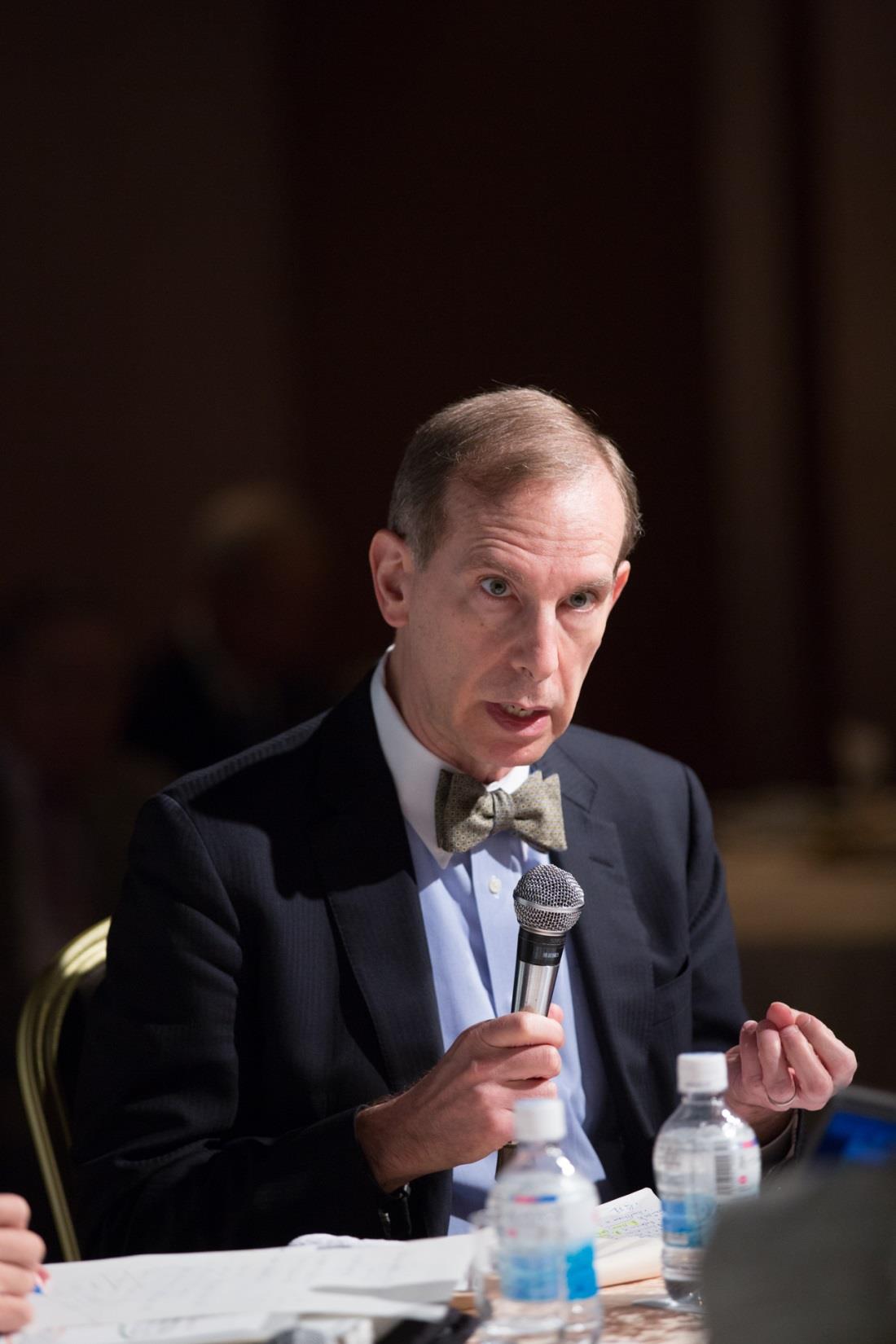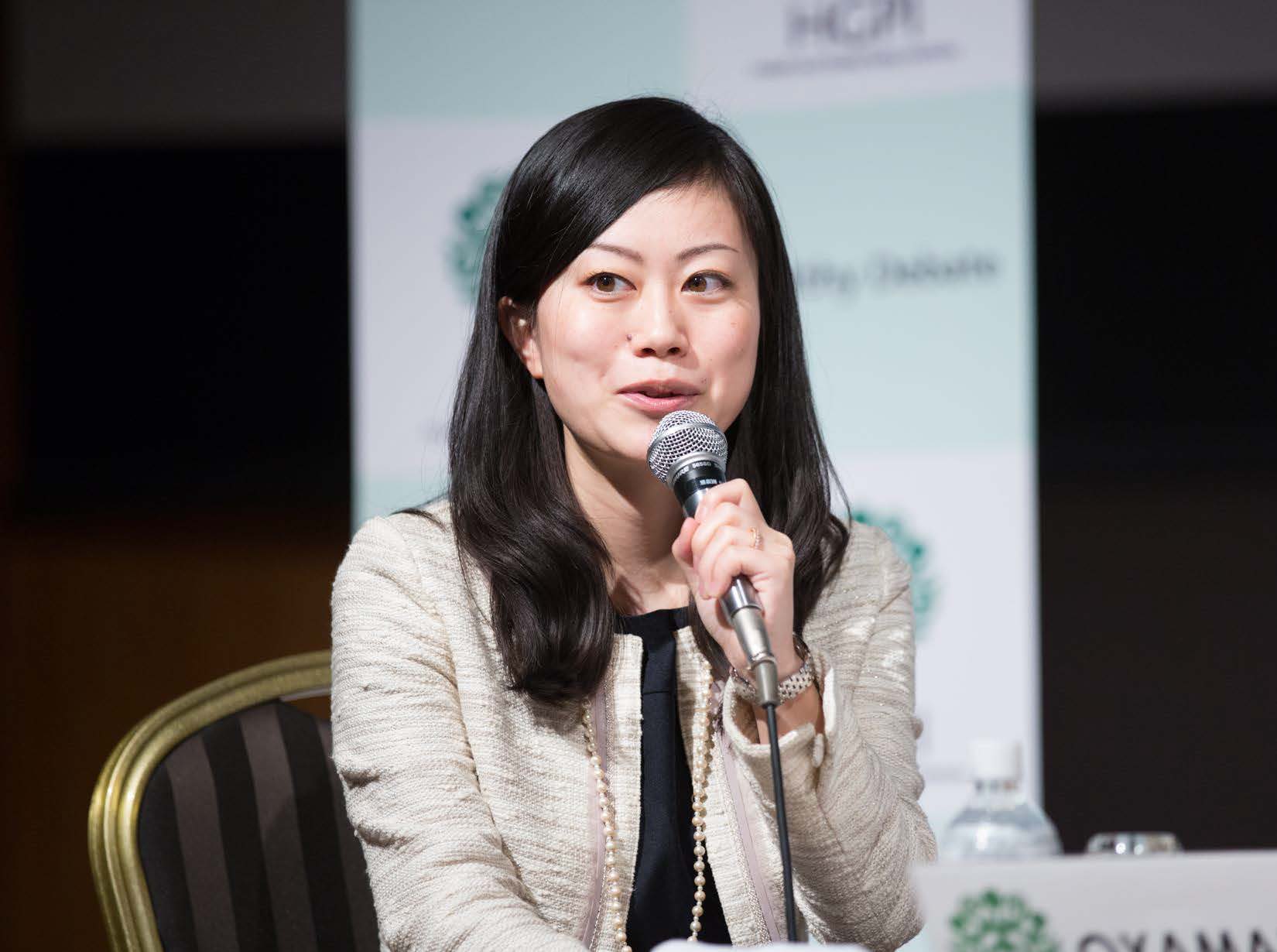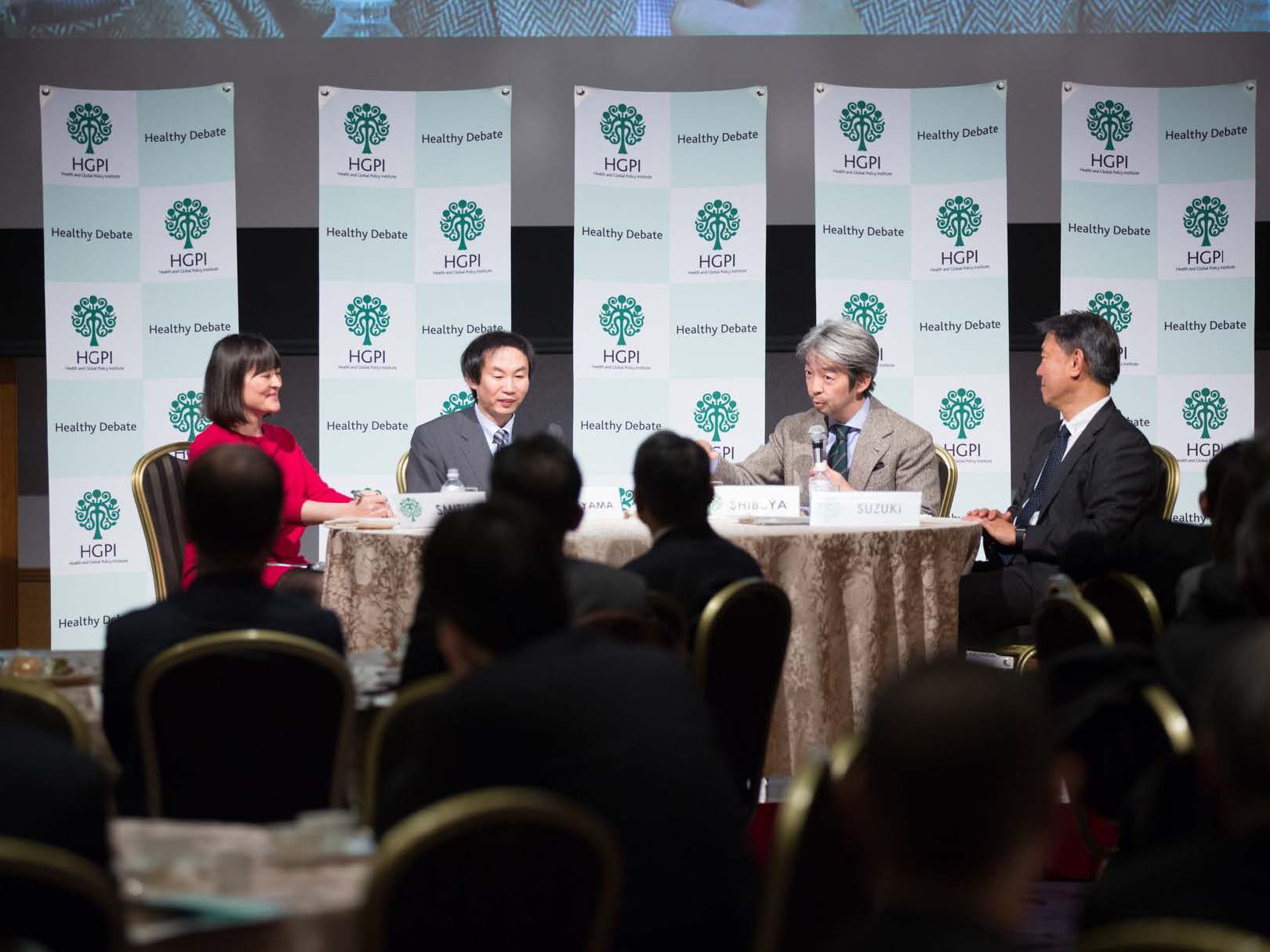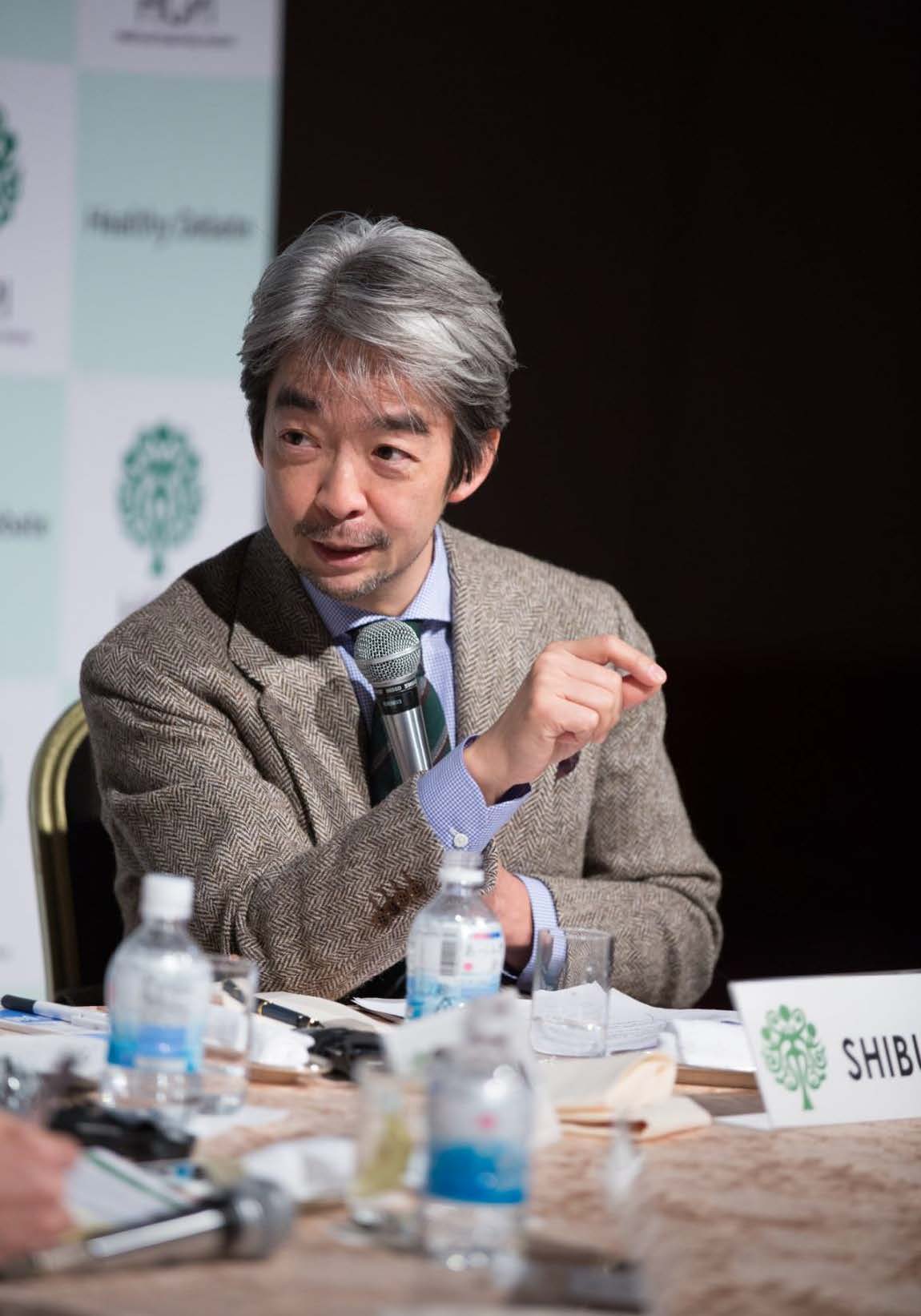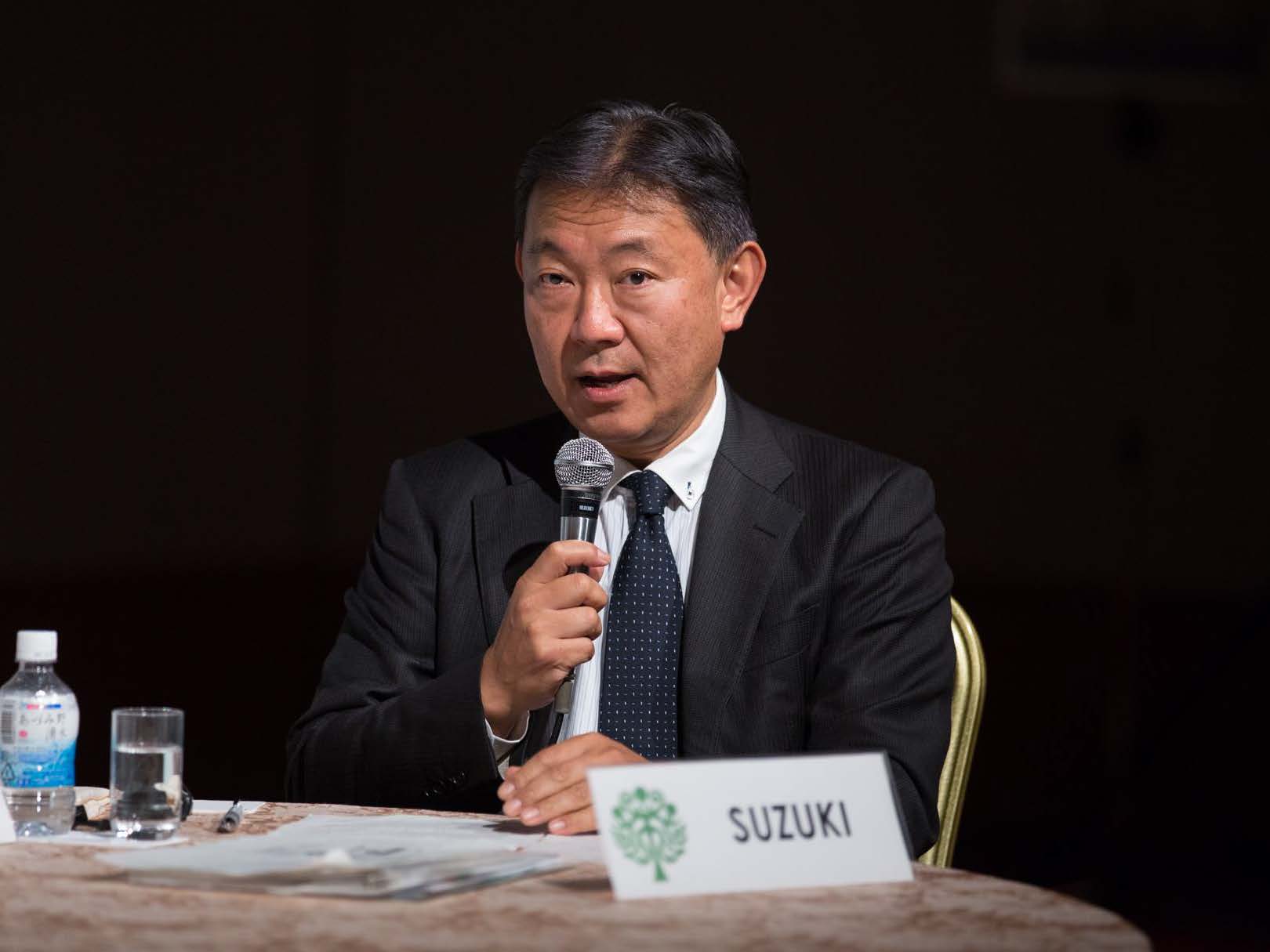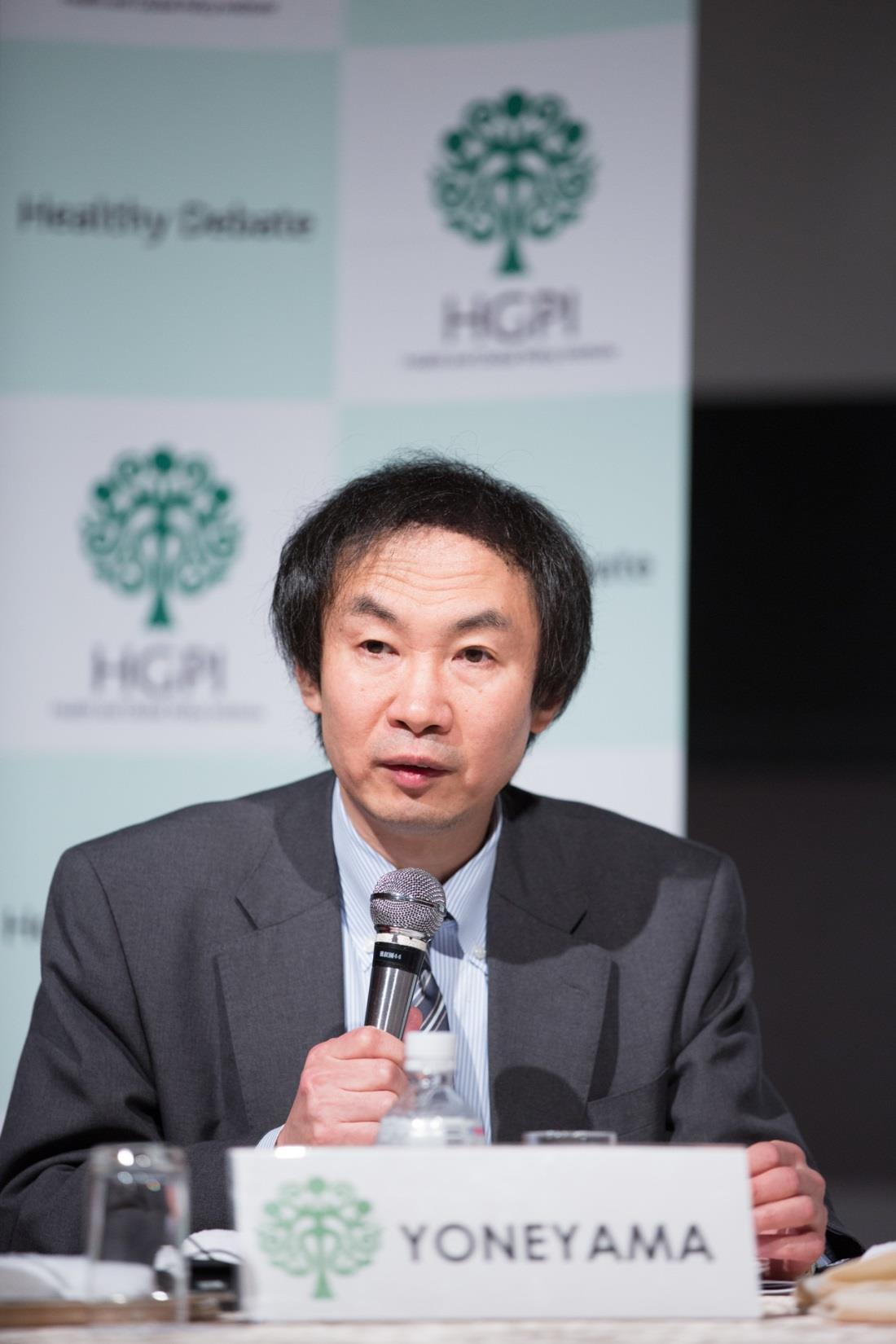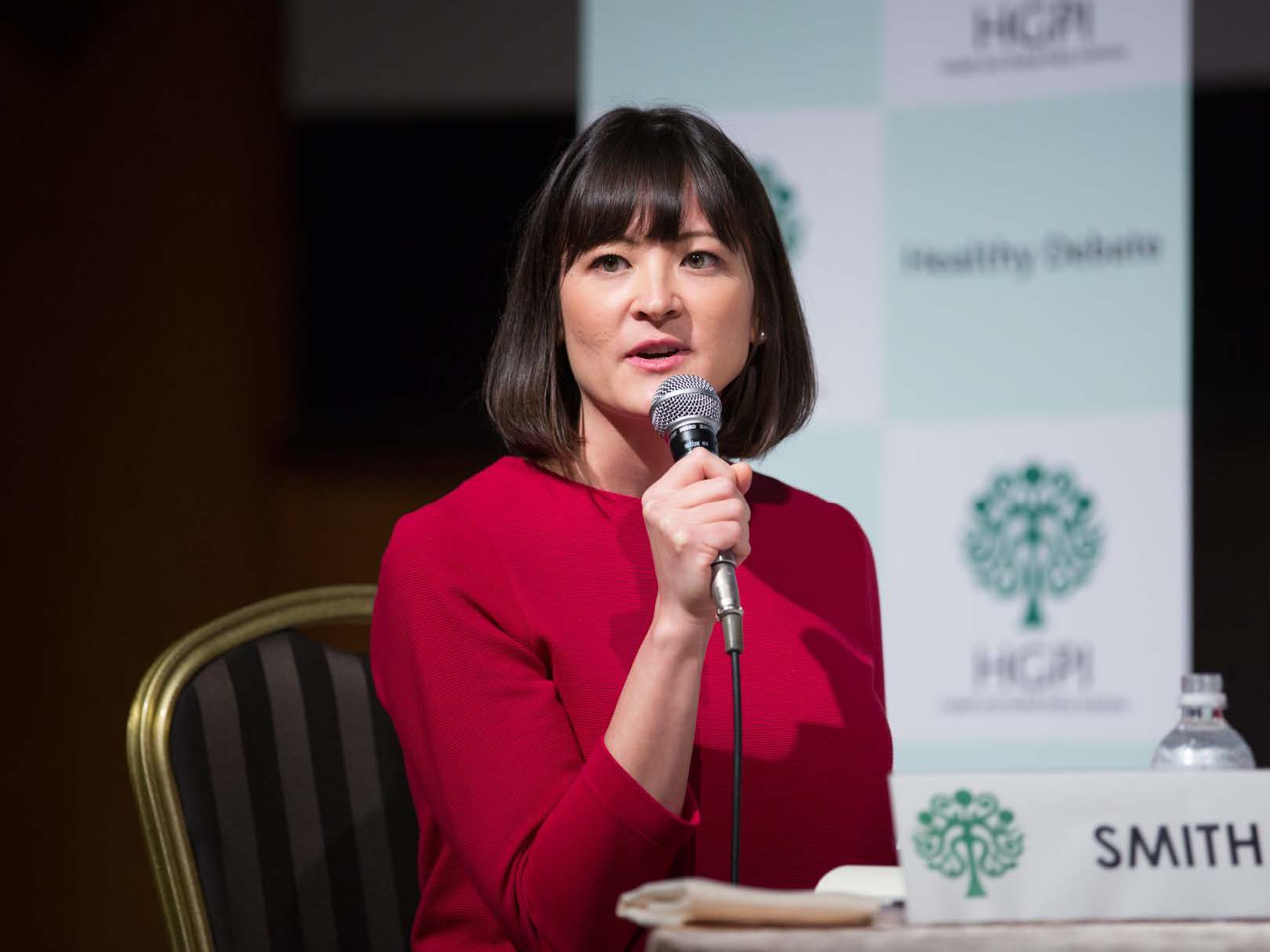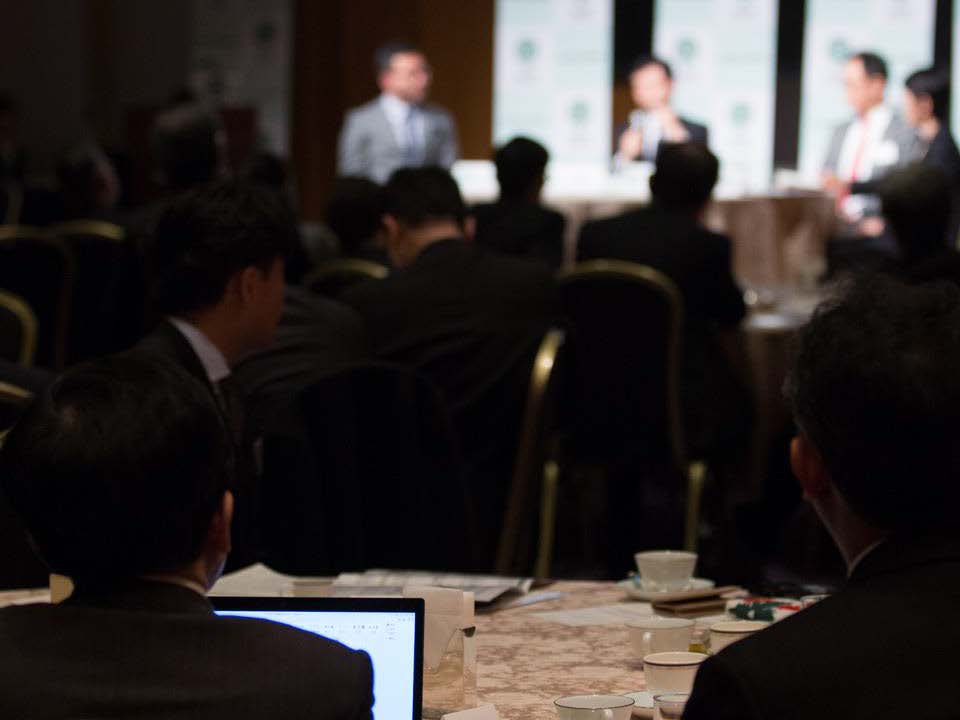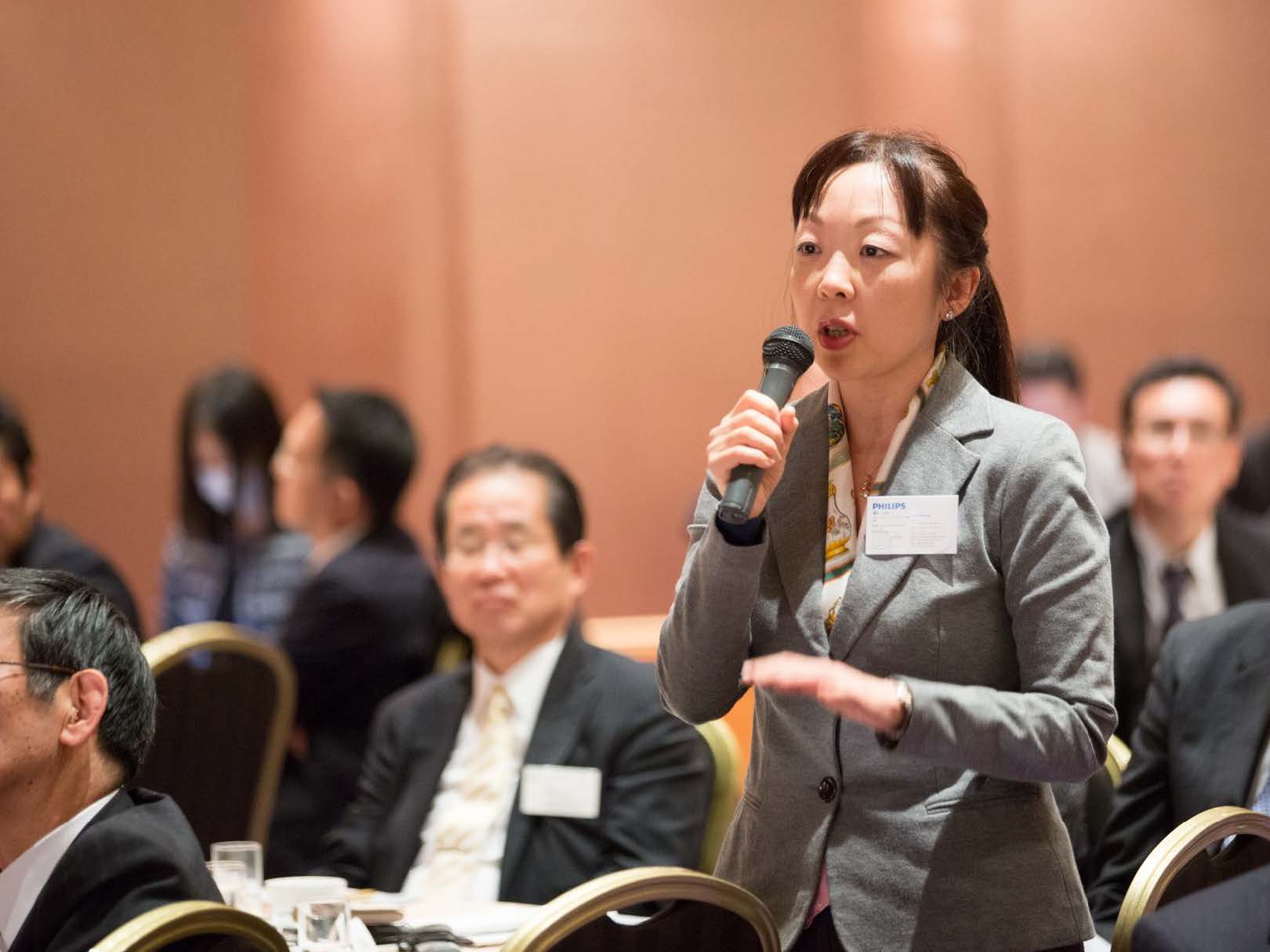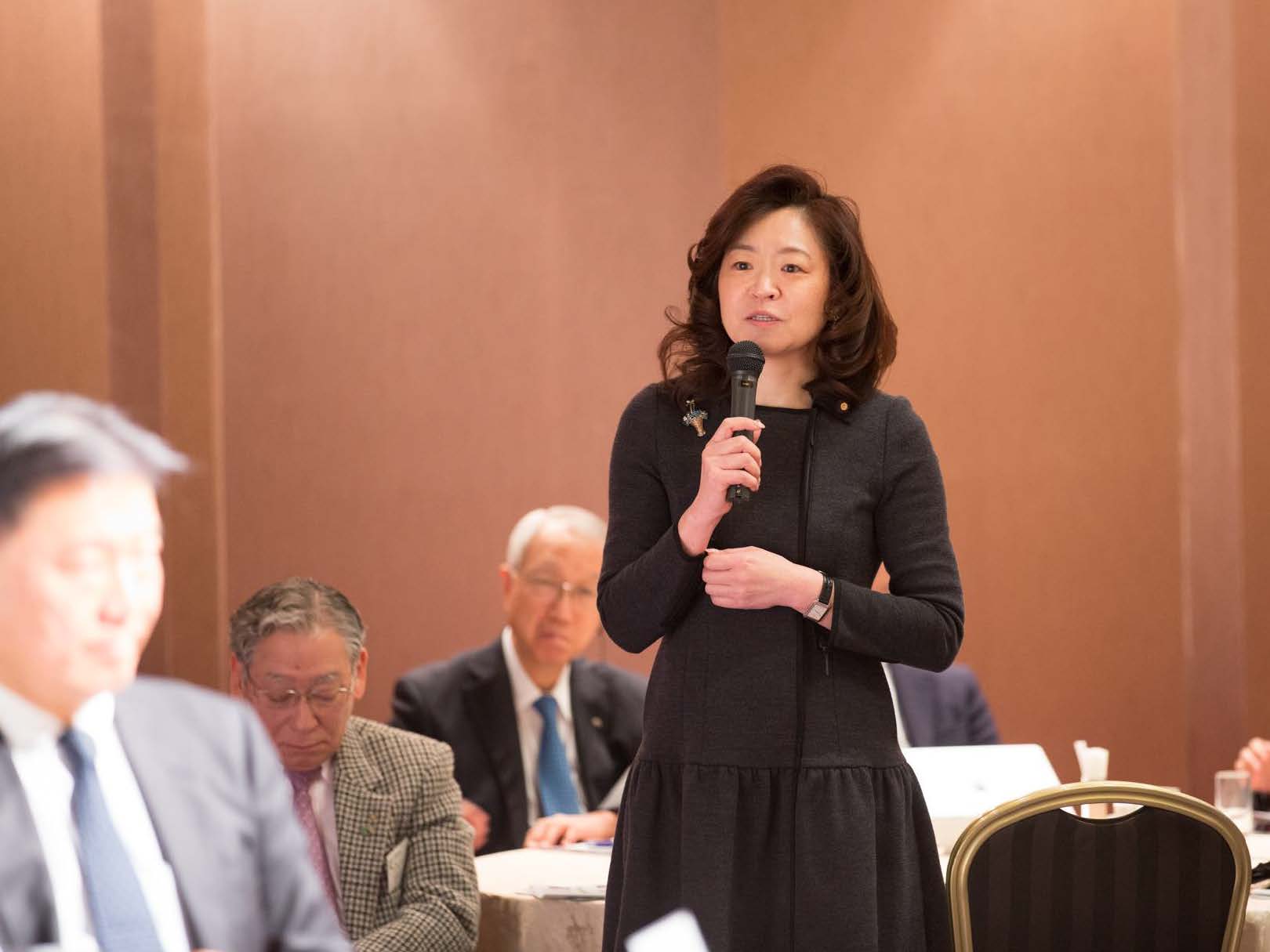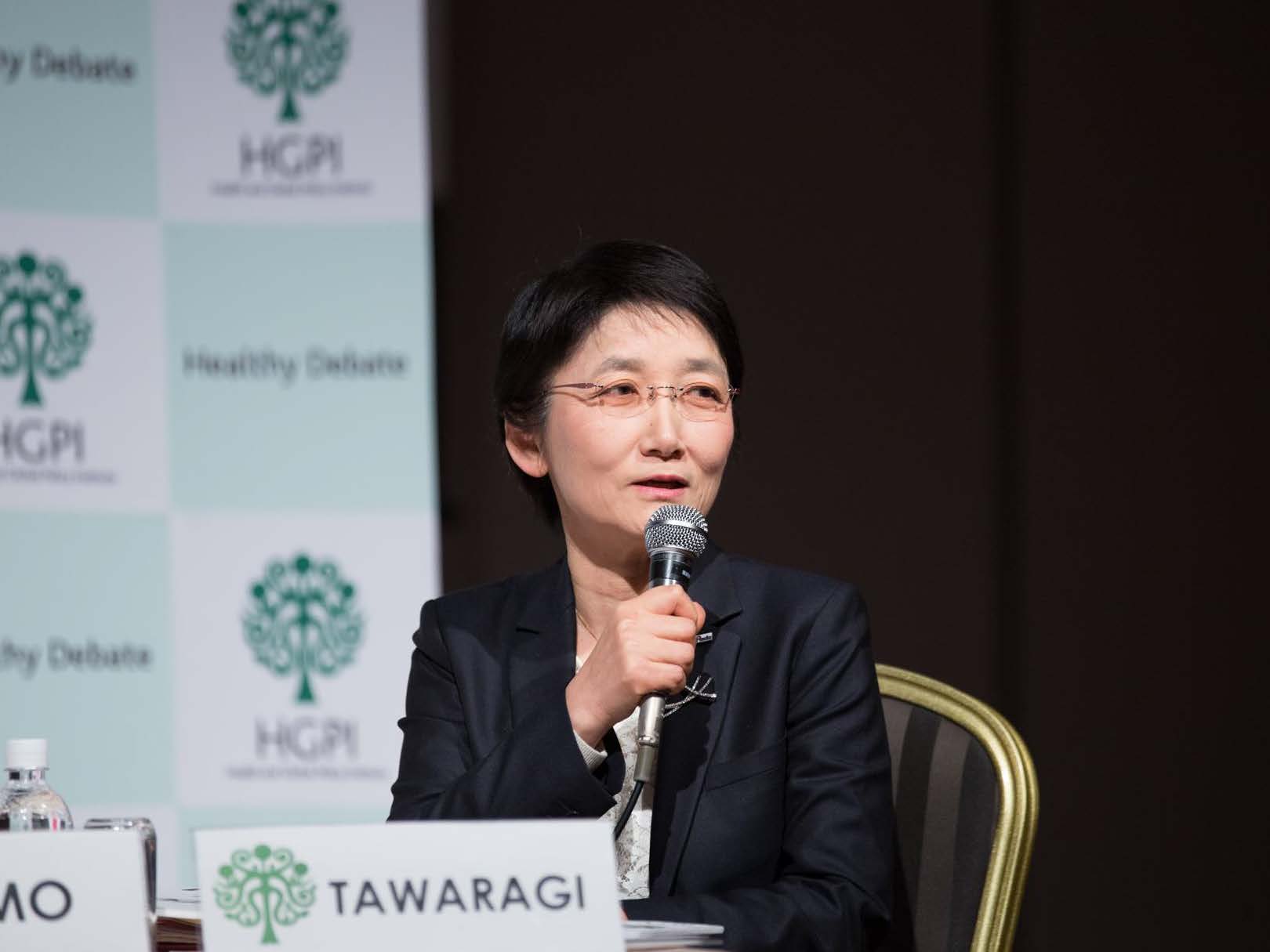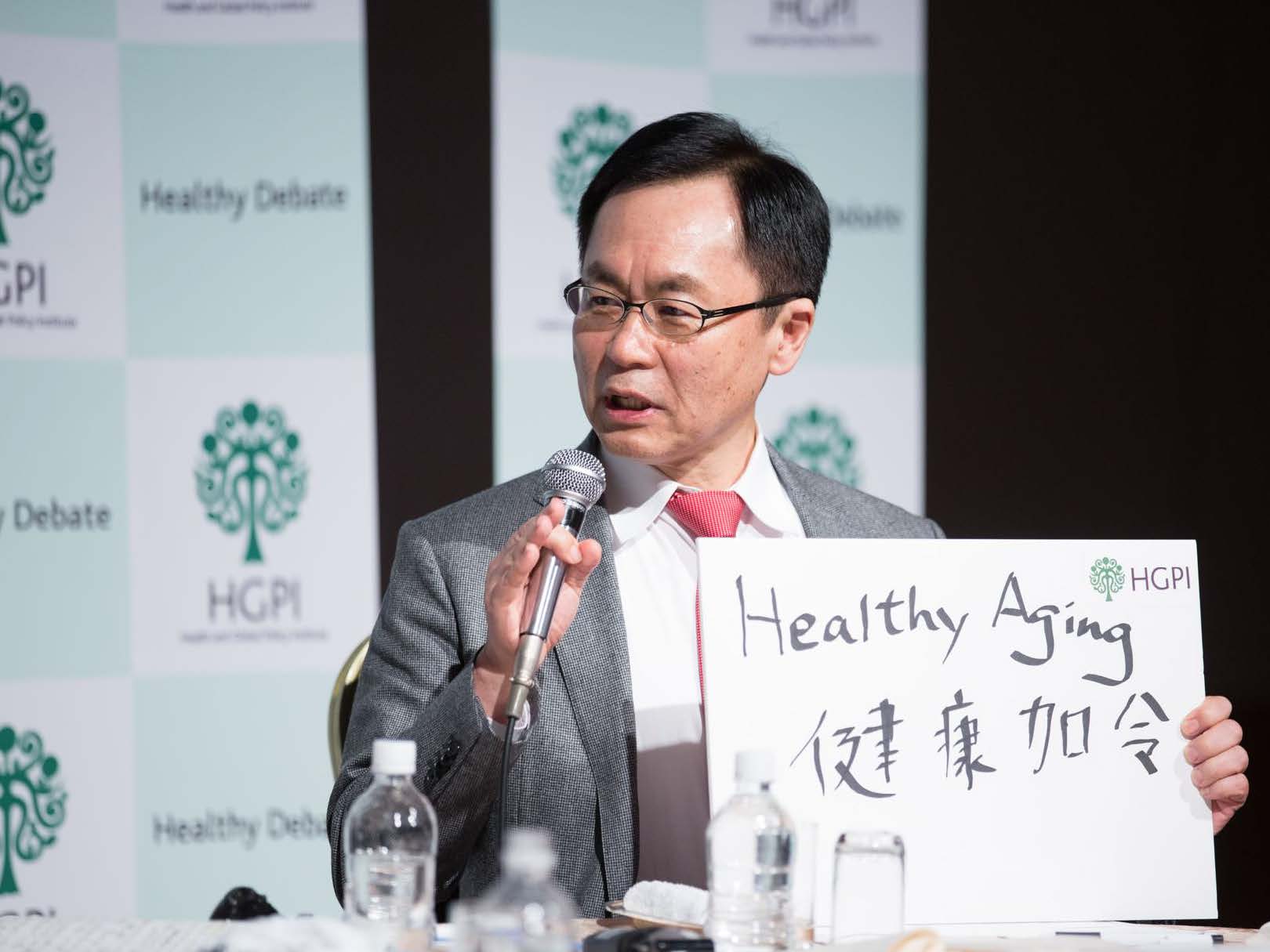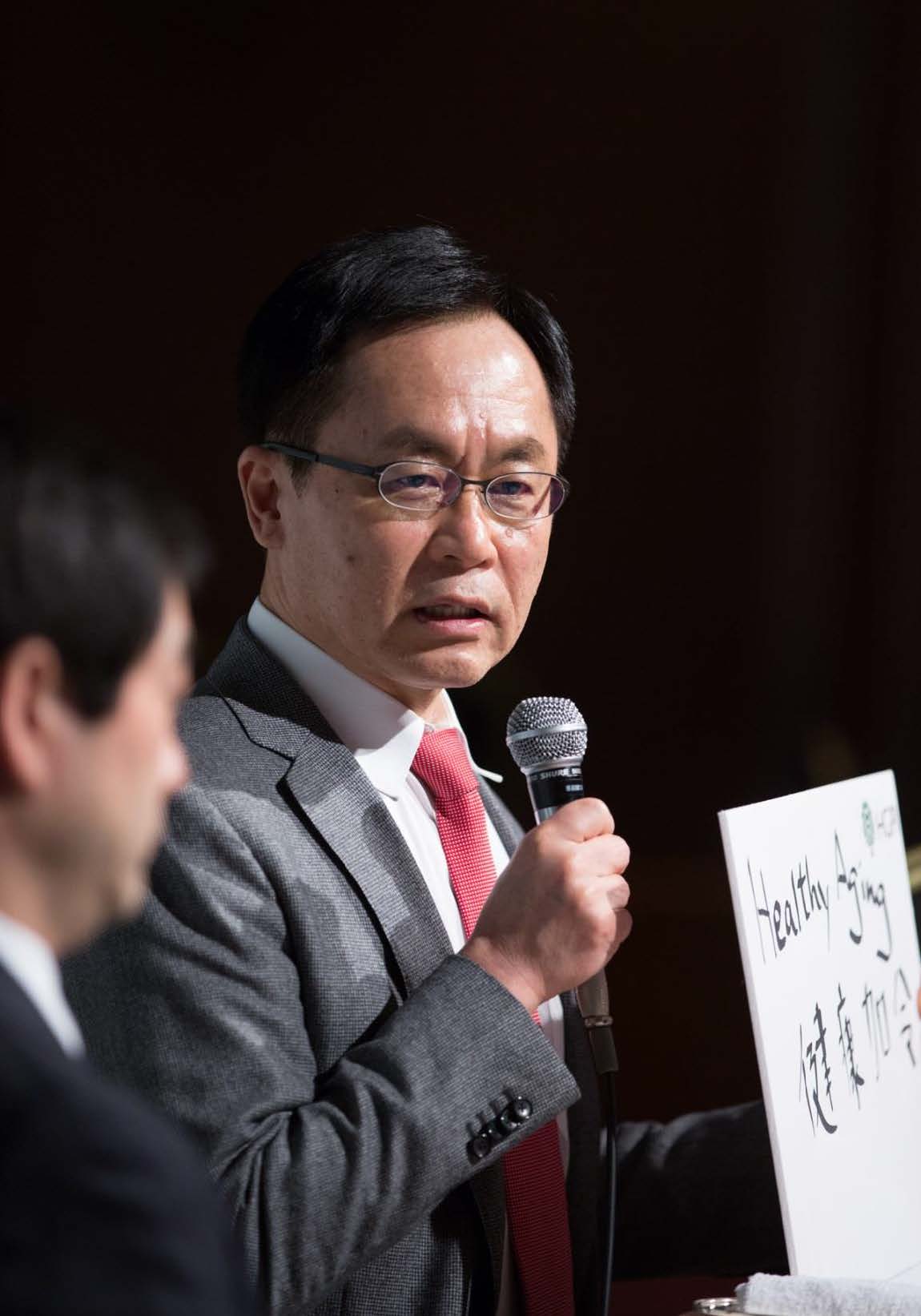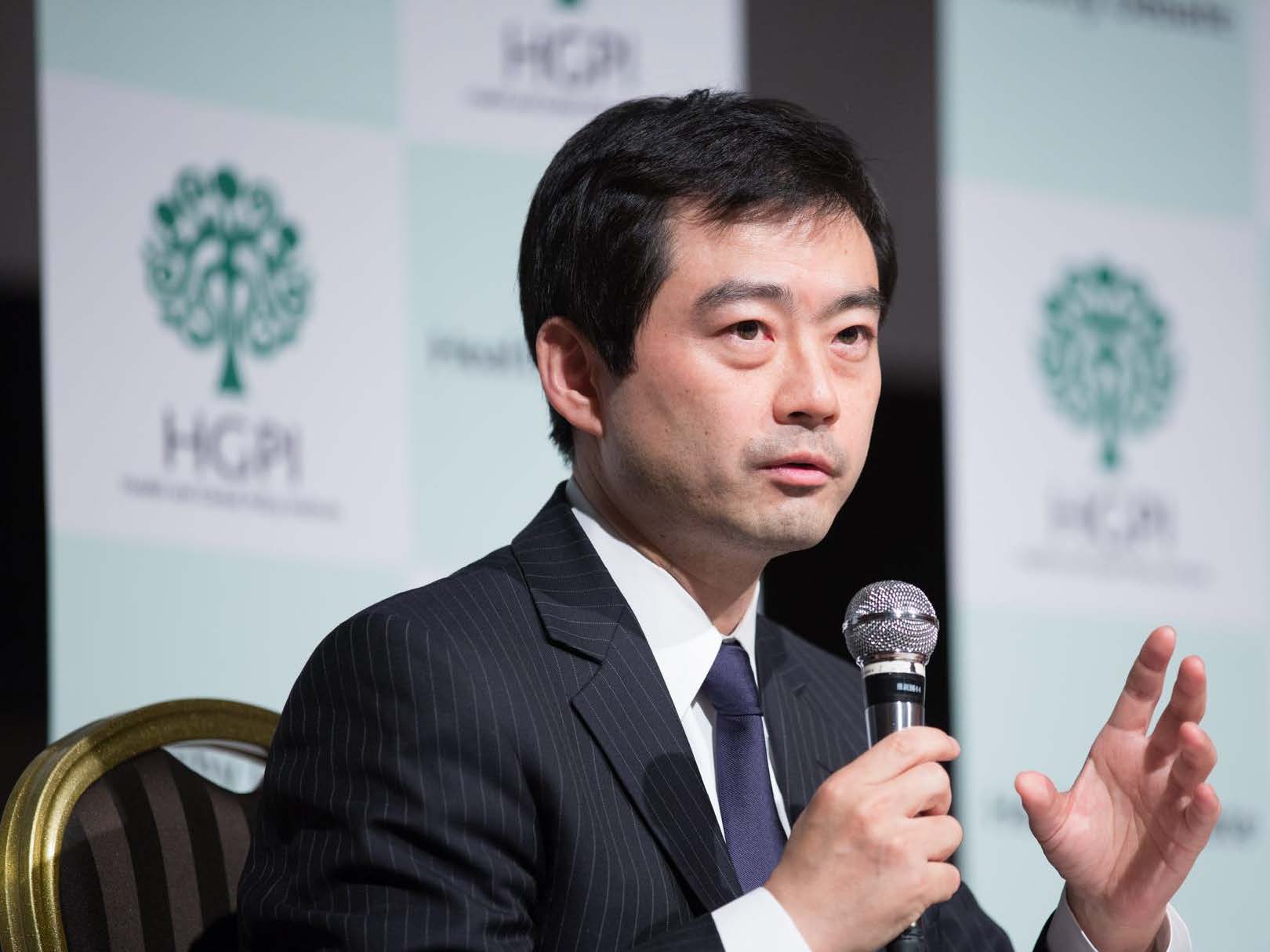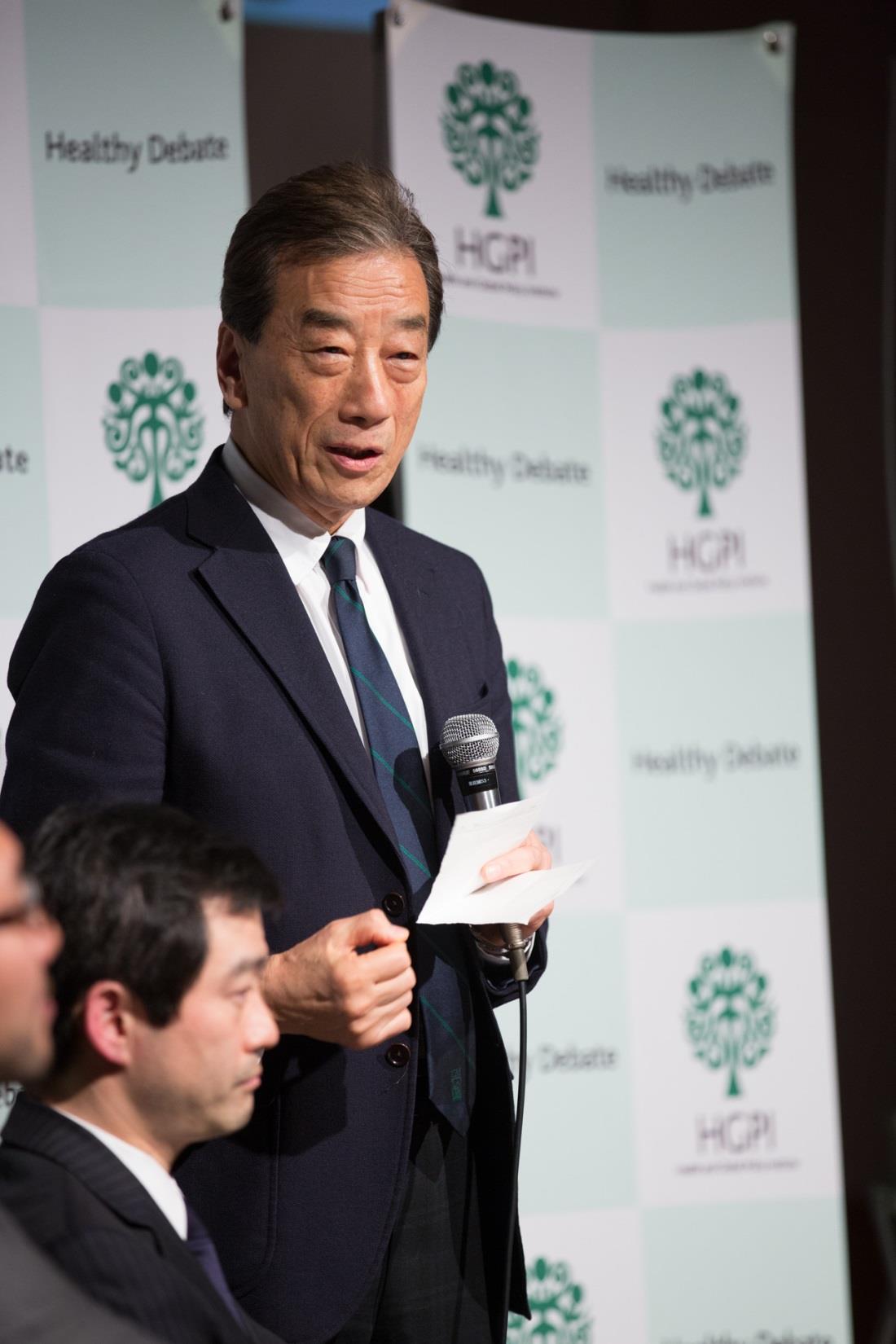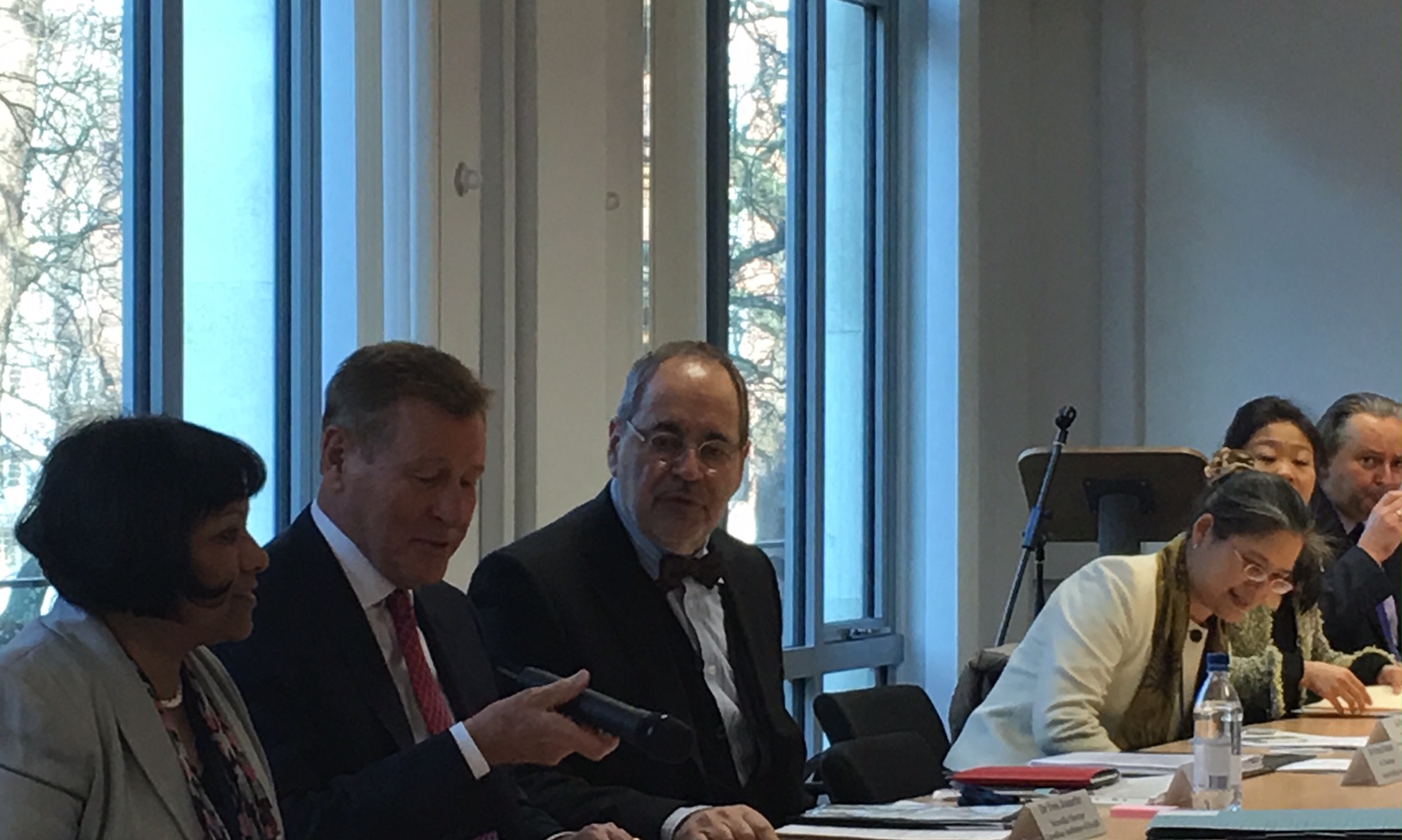→Japanese
Five years have passed since the terrible tragedy of the Great East Japan Earthquake and the Fukushima Nuclear Power Plant Accident. How much progress has really been made in the reconstruction efforts? It is a difficult issue.
A few nuclear power plants have been restarted in Japan but it seems that accidents and problems are occurring rather frequently.
Dealing with the aftermath of the Fukushima nuclear power plant accident will likely take many more decades. We are faced with many major challenges and obstacles now and in the future, with no idea of how long we must cope with them.
Having served as the Chairman of the first independent investigative commission under the National Diet in Japan, the National Diet of Japan Fukushima Nuclear Accident Independent Investigation Commission (NAIIC), I decided to publish my book, “Regulatory Capture: When Groupthink Can Kill” at this time. It can be found in bookstores or ordered online on Amazon. It is my sincere hope that many people will read it. If Japan remains in its current situation, the future does not look promising.
As part of the book launch, I held press conferences at the Japan National Press Club and the Foreign Correspondents Club of Japan. The conferences can be viewed on YouTube.
This was my fifth time speaking at the Japan National Press Club regarding the Fukushima nuclear power plant accident. Each time, my message has been fundamentally the same: the world is changing but will Japan change?
Right after the press conference, I traveled to Cornell University in Ithaca, New York. The Mario Einaudi Center for International Studies, directed by Professor Hirokazu Miyazaki, invited me to speak at the roundtable discussion, “Nuclear Power Roundtable: Five Years after Fukushima.”
The panelists were Professor Charles Perrow of Princeton University and Professor Sonja Schmid of Virginia Polytechnic Institute and State University. I always enjoy taking part in such discussions. After the roundtable, we attended the reception and dinner.
The next day, I had breakfast with professors and students from Japan. In the evening, I invited two post-docs from Japan and China to join me for dinner and we chatted about various topics.
The subject of conversation that came up often during my visit was how few Japanese students and professors there were over here.
The world is filled with possibilities and I encourage young people to challenge themselves more. The world is waiting for you.
